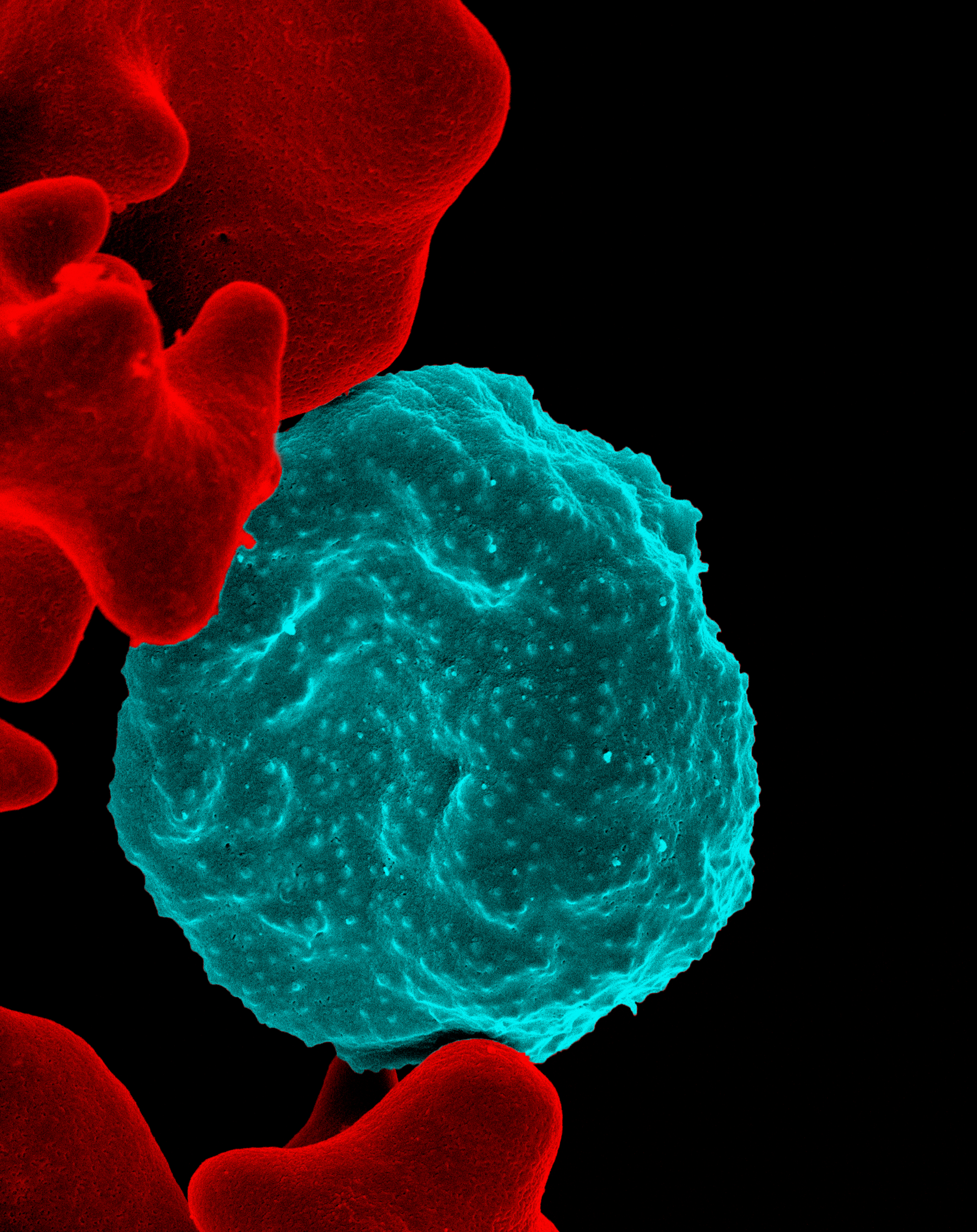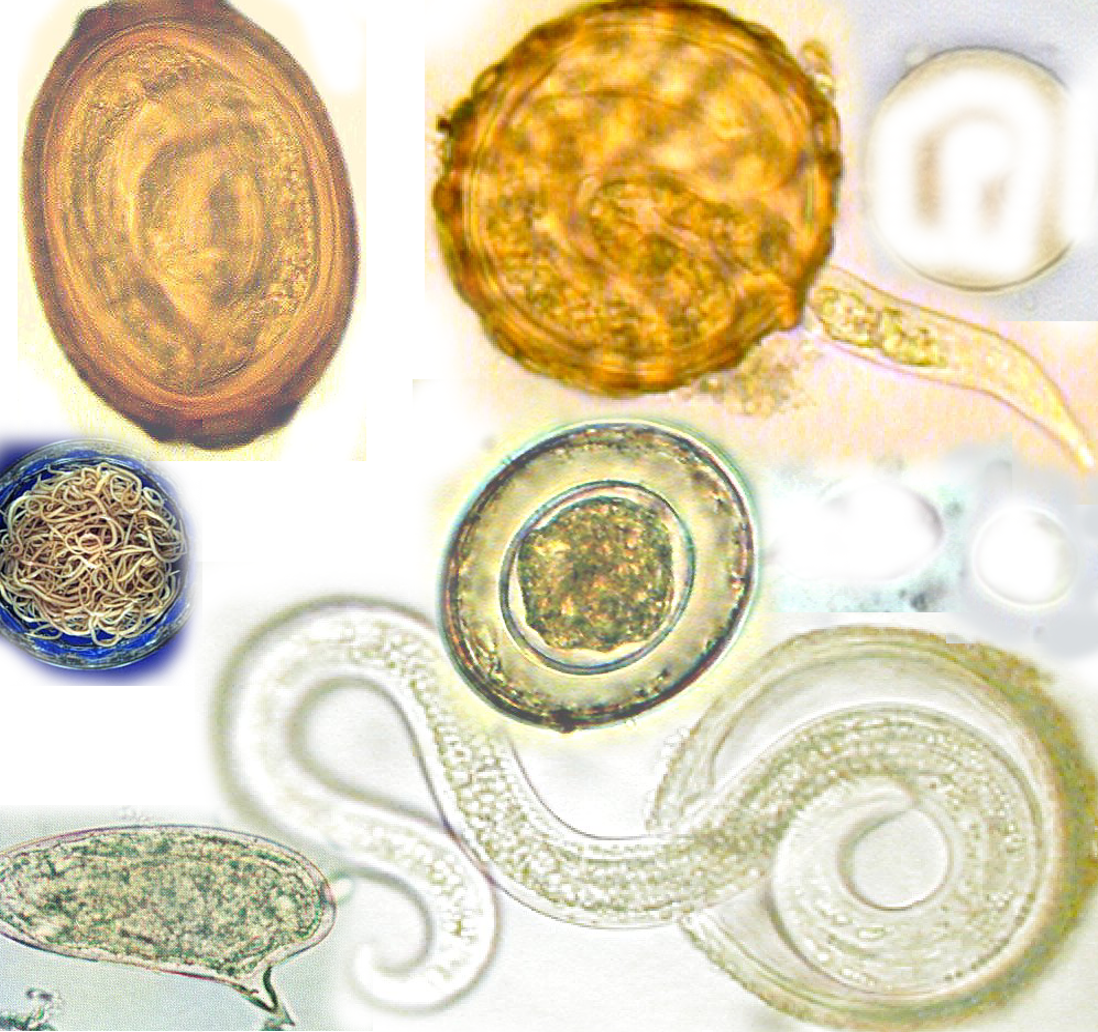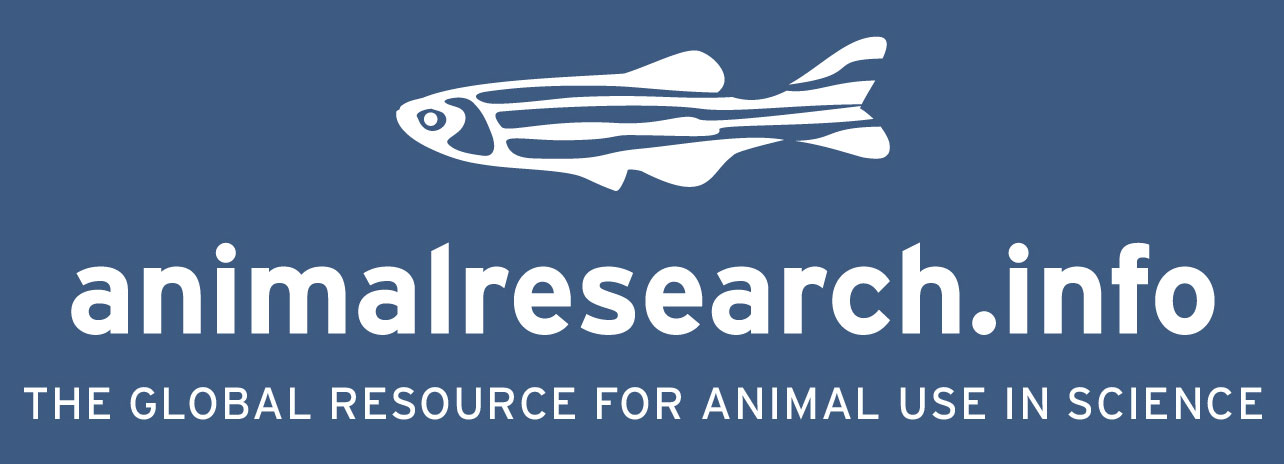Novel therapies to treat parasitic infections

The 2015 Nobel Prize in Physiology or Medicine was awarded to William C. Campbell and Satoshi Ōmura for their discoveries concerning a novel therapy against infections caused by roundworm parasites and to Youyou Tu for her discoveries concerning a novel therapy against Malaria
Diseases caused by parasites have plagued humankind for millennia and constitute a major global health problem. In particular, parasitic diseases affect the world’s poorest populations and represent a huge barrier to improving human health and wellbeing. This year’s Nobel Laureates have developed therapies that have revolutionized the treatment of some of the most devastating parasitic diseases.
“The two discoveries have provided humankind with powerful new means to combat these debilitating diseases that affect hundreds of millions of people annually,” the Nobel committee said. “The consequences in terms of improved human health and reduced suffering are immeasurable.”
Treating roundworm infections
William C. Campbell and Satoshi Ōmura discovered a new drug, Avermectin, to fight roundworm infections. It is estimated that a third of the world’s population currently has a soil-transmitted worm infection, of which roundworms constitute a significant proportion. These parasites infest the human gut, where they live, feed and reproduce. Sometimes the worms move from the small intestines to other parts of the body causing serious complications.
Satoshi Ōmura, a Japanese microbiologist and expert in isolating natural products, managed to isolate a new strain of Streptomyces – bacteria known to produce agents with antibacterial activities – and successfully cultured them in the lab. William C. Campbell, an expert in parasite biology working in the USA, explored the efficacy of these cultures and showed that a component from one of the cultures was remarkably efficient against parasites in domestic and farm animals. Later purified and modified to be more effective, the bioactive agent was tested in rats, mice, cows, chickens, rabbits, sheep, pigs, dogs, horses and finally in humans.
This drug called Avermectin has helped lower the incidence of diseases such as river blindness and lymphatic filariasis, both caused by the parasites. The drug has also shown some efficacy against other parasites, and has provided a powerful tool to combat debilitating diseases that affect people worldwide.
Unfortunately, the later variants of the drug have proved lethal to vultures.
Treating Malaria
Youyou Tu discovered Artemisinin, a drug that has significantly reduced the mortality rates for patients suffering from Malaria. Malaria is caused by a parasite called Plasmodium, which is transmitted via the bites of infected mosquitoes. In the human body, the parasites multiply in the liver and then infect red blood cells. If not treated, malaria can quickly become life threatening by disrupting the blood supply to vital organs and in severe cases brain damage and death.
Youyou Tu in China turned to traditional herbal medicine to tackle the challenge of developing novel Malaria therapies after the drugs used to treat Malaria in the 1960s became less effective. From a large-scale screen of herbal remedies in Malaria-infected animals, an extract from the plant Artemisia annua emerged as an interesting candidate. Tu was the first to show that this component, later called Artemisinin, was highly effective against the Malaria parasite, both in infected animals and in humans.
Still today, malaria is a widespread disease with more than 3.4 billions people are at risk of contracting Malaria. Malaria infects 200 million individuals annually and in 2012 an estimated 627,000 people died of malaria, most of which were young children in Sub-Saharan Africa. Moreover, in many parts of the world, the parasites have developed resistance to a number of malaria drugs. However, when used in combination therapy, Artemisinin is estimated to reduce mortality from Malaria by more than 20% overall and by more than 30% in children. For Africa alone, this means that more than 100,000 lives are saved each year.
These two discoveries have helped mankind combat debilitating diseases caused by parasites that affect hundreds of millions of people annually and have fundamentally changed the treatment of parasitic diseases. The consequences in terms of improved human health and reduced suffering are immeasurable.

Last edited: 14 October 2015 10:25
